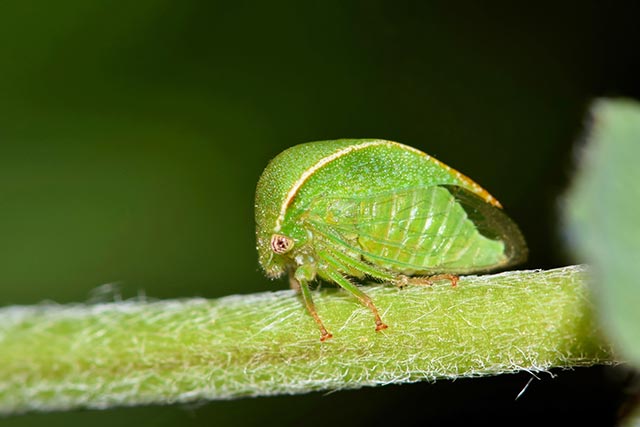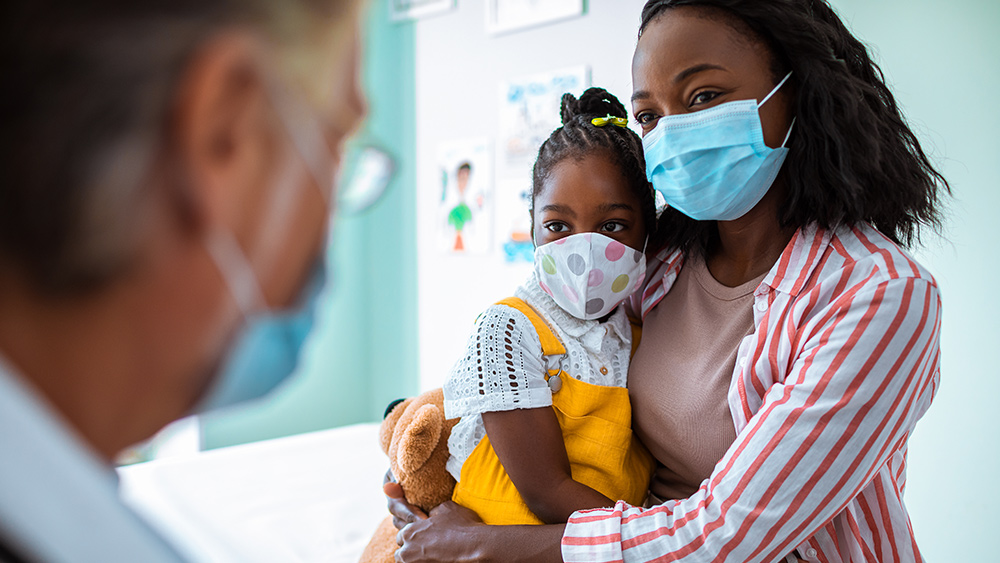Save that bug! Preventing the rapid decline of insects around the globe is key to preserving human life, warn scientists
10/24/2019 / By Cassie B.

Insects have a way of making outdoor jogs and picnics a bit less pleasant, but you might want to think twice before squashing them as experts say none of us would be here if they didn’t exist. In fact, one leading scientist has warned that the rapid declines of insect populations across the planet is posing a grave threat to humankind.
Norwegian University of Life Sciences Professor Anne Sverdrup-Thygeson told The Guardian recently that even if you don’t want to save insects for their own sake, you should want to do it for the sake of all humans. After calling insects “the glue in nature,” she emphasized the importance of insects in all of our lives.
Sverdrop-Thygeson, who is one of the top entomologists in the world, said that it’s not fun to be an insect right now, and if things continue down this path, it won’t be much fun to be a human soon, either.
“[I]t will make it even more difficult than today to get enough food for the human population of the planet, to get good health and freshwater for everybody. That should be a huge motivation for doing something while we still have time.”
A comprehensive global review recently indicated that more than 40 percent of our planet’s insects could become extinct within the next few decades. Already, one third of insects are endangered, and their extinction rate is eight times that of mammals, reptiles and birds. To put it in perspective, we’ve been losing 2.5 percent of insect mass each year over the past three decades.
If this trend continues, we’ll have 25 percent fewer insects in a decade and none left in 100 years. This could be catastrophic to all forms of life. In addition to pollinating most plant species, insects are essential nutrient recyclers, help control pests and preserve soil health, and serve as sources of food in many ecosystems.
Pesticide use is killing the planet, one insect at a time
While habitat loss and disease play a role, a big part of the problem facing insects is pesticide use. An overhaul of the agricultural practices being used around the world has never been more pressing. Pesticides need to be replaced with ecologically-based practices that are more sustainable and help protect the ecosystem services that insects offer us.
For example, cover crops can help farmers to manage pests and reduce diseases and weeds. This, in turn, can eliminate the need for pesticides. This approach is based on the fact that pests are naturally kept in check when they are in a balanced ecosystem. With cover crops, a specific plant is grown with the express purpose of benefiting the soil and keeping pests away rather than crop yield; these are typically types of grasses or legumes. In addition to addressing the pest problem, they help to improve soil structure and fertility while slowing erosion.
Crop rotation is another good natural alternative to pesticides. Continuous crops can quickly see pests build up and gain a foothold, and this can drive many farmers to use high amounts of pesticides. By rotating the crops that are planted in a specific area, pests and even diseases can be stopped from gaining a foothold. Simply moving crops away from areas where they were planted previously can make a surprisingly big difference.
Insect population declines are already being blamed for drops in bird populations, and it’s only a matter of time before we see this problem impact humans as well. Pesticides might be good for the companies who make them, but they certainly aren’t doing our planet any favors. How different would this situation be if farmers started abandoning pesticides in favor of natural solutions?
Sources for this article include:
Submit a correction >>
Tagged Under:
Big AG, biodiversity, bugs, crops, ecosystems, Endangered species, environment, extinction, food supply, habitat loss, harvest, insect population, insects, modern agriculture, pest control, pesticide use, starvation, survival, sustainable farming practices, toxic chemicals
This article may contain statements that reflect the opinion of the author





















